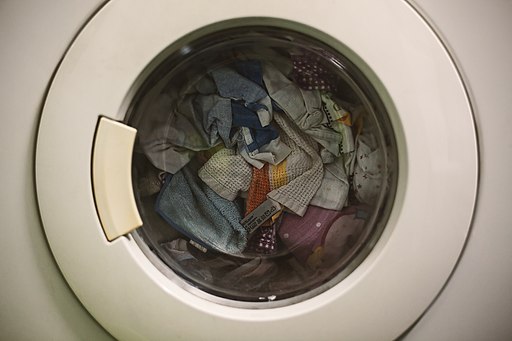
Why are sibling studies so fascinating? I suppose it’s because they provide us with another window through which to view ourselves, and we are all narcissists at heart. They also have the added advantage of being guilt-free. After all, we had no control over when we were born, and what place we took in our families. As a result, we can look at these studies and evaluate the course of our lives without shame.
This new sibling study will have later-born children feeling short-shrifted, once again. According to a study published in the Journal of Human Resources, which examined data from the US Children of the National Longitudinal Survey of Youth, first-born children score higher marks on IQ tests, and perform better on reading and picture vocabulary tests, by the time they are just one year of age.
The IQ scores of first born children were not dramatically higher than later borns, but researchers say the difference is big enough to allow entrance into better schools, with better opportunities. These higher IQ and reading scores could explain why first-born children usually enjoy higher wages and better education than their younger siblings. After all, it can’t be coincidence that first born children are over-represented as CEOs, astronauts, Rhodes scholars, and university professors, can it?
Because this new study also evaluated the behaviour of the mothers, not just the children, it attempted to confirm why first borns have such an advantage. In this case, the researchers found that mothers took ‘higher risks’ with each succeeding pregnancy, and were less likely to stop smoking or drinking each time. The mother’s behaviour after birth was also substantially different: first borns were more likely to be breastfed, and were offered more mental stimulation from activities such as reading, craft-making, and the playing of musical instruments than children born later in the family.
This recent study was the largest sibling study ever performed, following 5,000 children over more than a decade, with evaluations done every two years from birth until 14 years of age. Its findings would be hard to refute. However, I found it interesting that a study published in 2007, which evaluated the IQ scores of 250,000 male, Norwegian military conscripts, came to a slightly different conclusion.
The subjects in this study were not evaluated as children. Their IQ scores were merely noted as adults, at the time of enlistment. However, in this study the effect of birth order on IQ scores disappeared if an elder sibling died. In that case, the second-born took on the responsibilities of the older sibling, without having had the same attention as a child. Here, the researchers concluded that higher IQ scores could be better determined by a child’s social rank within the family, and not necessarily by birth order.
This begs the question of whether these higher IQ scores are truly set by the age of one. It would seem that whenever children face higher expectations from parents, they struggle to fill the role. This could raise IQ scores without any extra reading time or instrument playing as a young child. It may be that it is merely parental expectations that cause children to become more ambitious, disciplined, responsible, and well-behaved, as first borns tend to be, and not necessarily the order of their birth.
While sibling studies such as these may feel guilt-free from the perspective of a child, they can generate plenty of soul-searching from parents. If IQ scores and test results are that dependent, not just on parental attention, but also parental expectations, then we would all do well to make sure we hold our younger children to the same standards as we do our oldest, and read and play with them just as often. It makes a hard job even harder, but it would ensure all of our children have the best chance of success.









